
How Wizz Air transformed the CEE region's way of travel
Wizz Air transformed CEE aviation since its 2003 founding by delivering ultra-low-cost, point-to-point flights from secondary airports, slashing fares and expanding connectivity.
A collection of 27 posts

Wizz Air transformed CEE aviation since its 2003 founding by delivering ultra-low-cost, point-to-point flights from secondary airports, slashing fares and expanding connectivity.
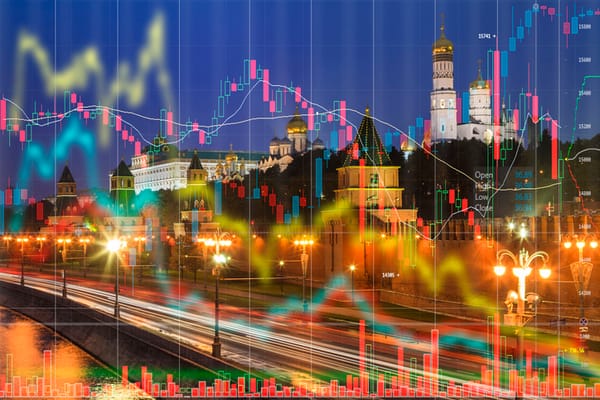
As the EU tightens sanctions on Russia, Central European states display contrasting political stances rooted in their priorities and capacities.
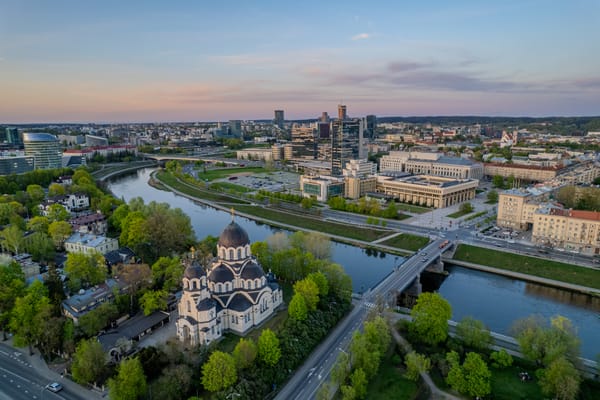
Lithuanian President Gitanas Nauseda described Ruginiene as “a constructive negotiator who seeks compromise”, adding that foreign policy continuity, especially support for Ukraine, would be maintained. Nauseda signed a decree on 27 August formally appointing her.
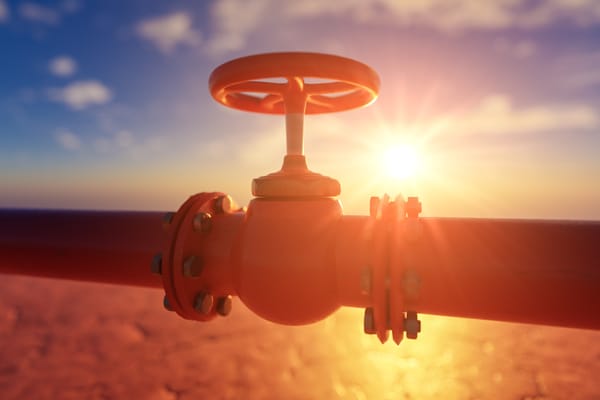
Ukrainian drones have struck at least 10 key Russian energy facilities this month alone, according to US news channel CNN. Attacks on 12, 17 and 21-22 August all targeted Druzhba's same pipeline’s southern leg.

Like other strategic CRM efforts across Central and Eastern Europe, Chvaletice is emblematic of the policy-delivery gap haunting the bloc’s transition ambitions.

Germany’s trade with Central and Eastern Europe rose EUR 5.4bn to EUR 275bn in the first half of 2025, led by a surge in exports to Poland, Ukraine and Slovenia.
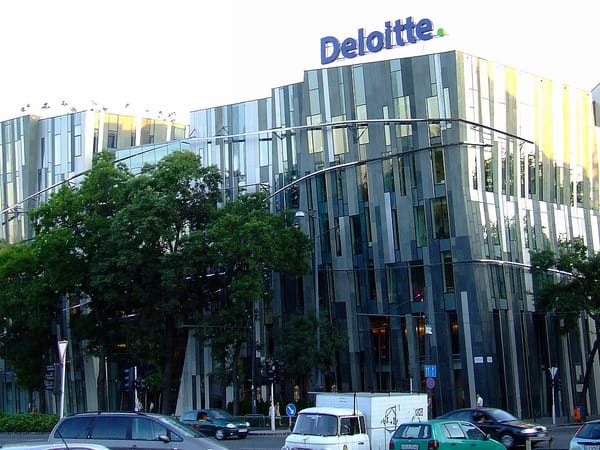
“For Europe, analysis of the historical data shows that a 1% drop in geopolitical alignment is associated with a corresponding 1% decline in trade intensity,” Deloitte observed.

Research by TechBehemoths shows that strong education systems, multilingual talent pools and EU-level legal protections keep CEE competitive for global tech outsourcing and nearshoring.

European Commission (EC) President Ursula von der Leyen agreed a new trade deal with US President Donald Trump at Turnberry, south-west Scotland, on 27 July, setting a ceiling of 15% on tariffs for EU goods and averting a wider transatlantic escalation.

Romania’s 2024 presidential elections marked the first instance of a national vote annulled due to foreign interference within the EU, the European Commission noted. The episode has triggered renewed calls in the EU and NATO for enhanced cybersecurity capacity and democratic resilience across CEE.
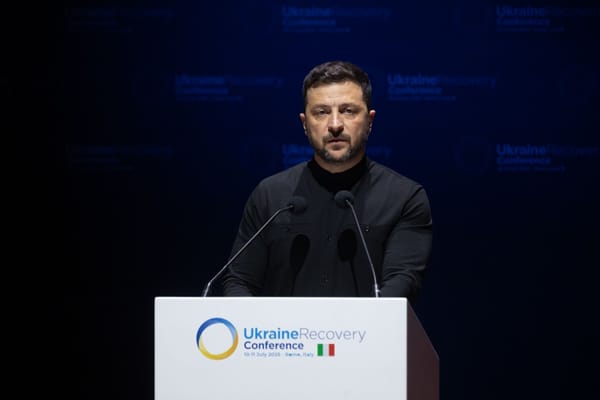
CEE contributions include cross-border logistics, public-private coordination platforms, and green recovery initiatives. Regional forums such as the Three Seas Initiative are also expected to play a larger role in financing and implementation.
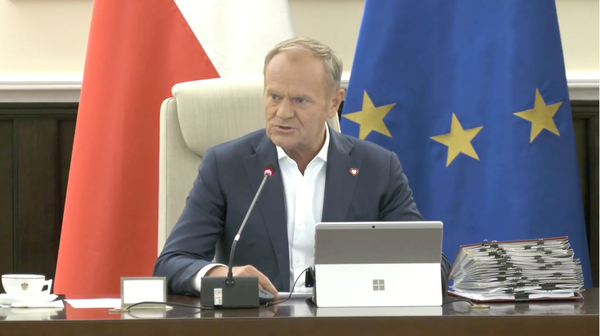
Key deliverables included the Strategic Technologies for Europe Platform (STEP), East Shield funding eligibility, three rounds of Russia sanctions and progress on Montenegro's EU accession.
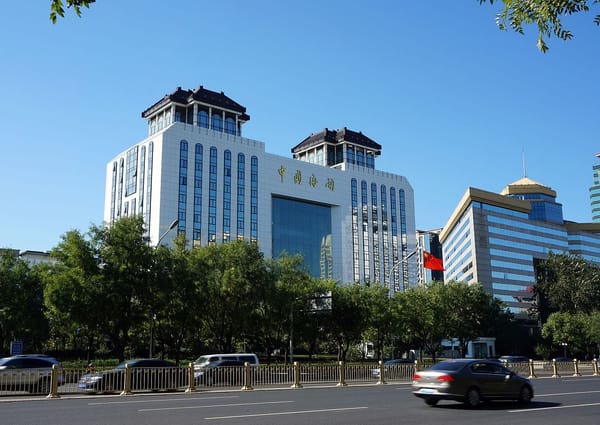
China's trade with Central and Eastern Europe (CEE) reached USD 142.3bn in 2024, marking a 6.3% year-on-year increase, surpassing China's overall foreign trade growth rate by 2.5 percentage points, according to China's General Administration of Customs. The total marked a 4.

The incoming EU administration should ensure that countries in Central and Eastern Europe (CEE) lever more influence in the bloc, Slovakia-based think tank Globsec writes in a new report on the interests and security of CEE nations and increasing Europe’s global influence from 2024-29. “Until now, Central and Eastern

Central and Eastern Europe (CEE) is making notable strides in the e-commerce arena, driven by increasing digital adoption and a burgeoning online market, according to a recent analysis by Polish IT solutions provider Exorigo Upos. In 2023, CEE’s e-commerce penetration was 55%, lagging Western Europe’s 80%, underscoring the